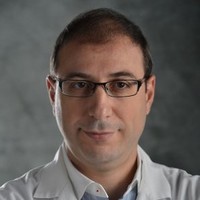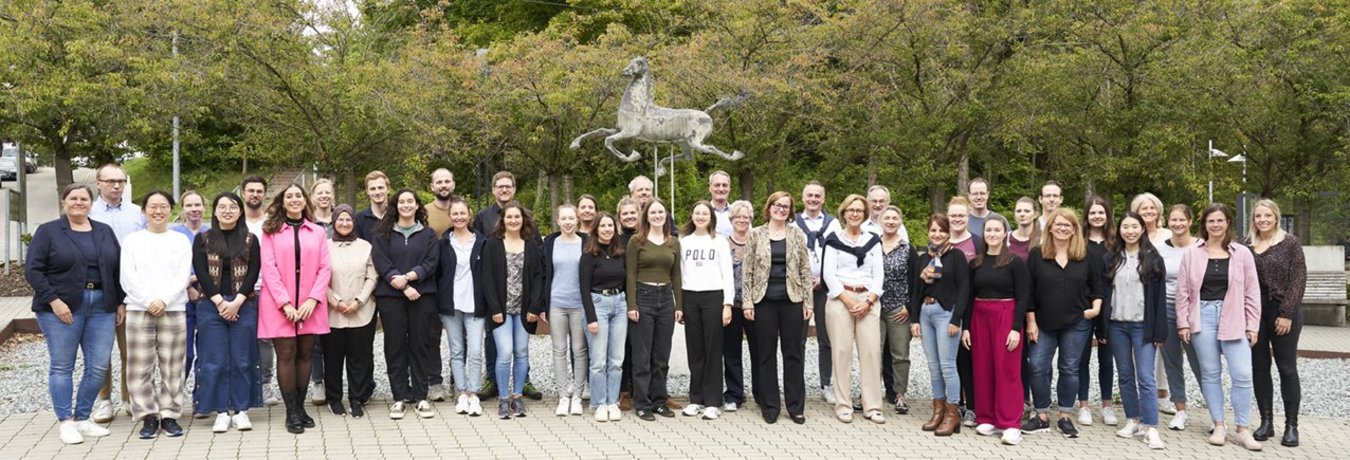Section Head

Prof. Dr. Sebahattin Cirak
Professor of Neuropediatrics and Social Pediatrics
Ulm University Medical Center
Department of Pediatrics and Adolescent Medicine
Eythstr. 24 (Research Lab, House 16)
89075 Ulm, Germany
phone: +49-731-500 57009
Research Profile
The Laboratory for Functional Genomics and Translational Myology of the Section of Neuropediatrics, Metabolism and SPC of Prof. Dr. Sebahattin Cirak is a leading center for research into genetic neuromuscular and neurodegenerative diseases. The focus is on the discovery of disease-causing genes, particularly in muscular dystrophies, myopathies and brain malformations. The identification of genetic mutations using next-generation and third-generation sequencing plays a central role in this. For example, the laboratory has identified new genetic causes for rare diseases such as fetal akinesia (Pergande et al., 2020) and stress-induced epileptic ataxia syndrome (Ghosh et al., 2018), which opens up new therapeutic perspectives. These findings underline the potential of molecular genetic approaches for the development of personalized therapies.
A key area of research is gene therapy for spinal muscular atrophy (SMA). The focus here is on the identification of biomarkers, while gene therapy for SMA with Zolgensma is carried out clinically in the section, which can be used to monitor and optimize therapy efficiency in SMA.
At the same time, intensive work is being carried out in the field of RNA therapeutics to further develop exon skipping therapies for DMD (Cirak et al., 2011). One study showed that shorter morpholino oligonucleotides can significantly increase the efficiency of these therapies (Akpulat et al., 2018). The section is involved in the ZSE, ZSNME and ZSNE and in close collaboration with the Department of Neurology, including the joint Ulm Muscle Center (DGM).
The Metabolism Section, headed by OA Dr. Johannes Krämer, conducts clinical studies on enzyme replacement therapy for metabolic diseases (lysosomal storage diseases or PKU).
The Section of Neuropediatrics and Metabolism is integrated into the structure of the German Center for Child and Adolescent Health (DKZJ) and is involved with a sub-project on pediatric neurodegenerative diseases. Please see our list of clinical studies.
We are very interested in young physicians working in the research groups. If suitable, we also offer HIWI positions both in the clinic and in research.
Experience shows that at least two years are required for a successful experimental and clinical doctoral thesis in order to be able to complete your own project in a meaningful way. In most cases, one year of this must be spent working full-time in the laboratory. In the research laboratory, we offer a competent team to help with all technical questions, conscientious supervision of the doctoral thesis and training in the discussion and presentation of scientific results. Once the thesis has been successfully completed, the doctoral student is usually the first author of the publication.
- AFM Téléthon
- German Center for Child and Adolescent Health (Federal Ministry of Research, Technology and Space)
- Industry
Publications Prof. Dr. S. Cirak [Google Scholar]
